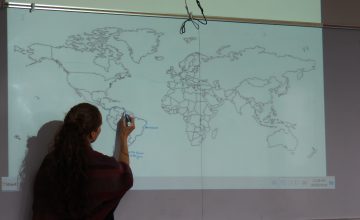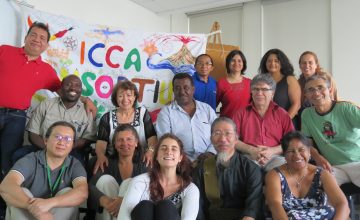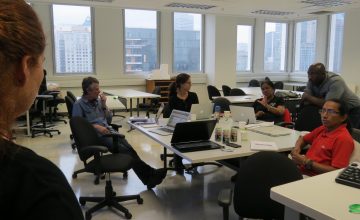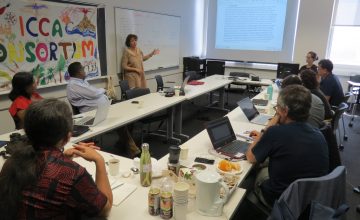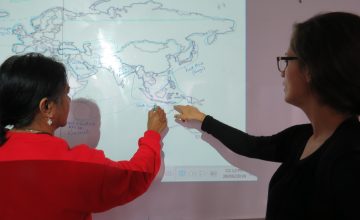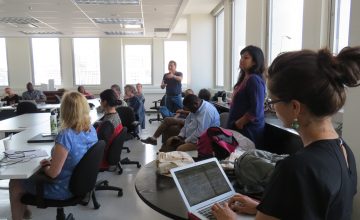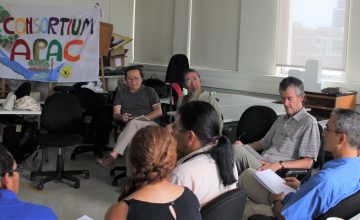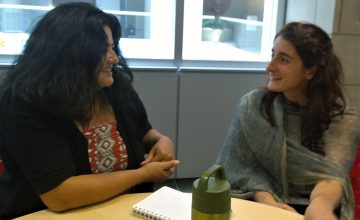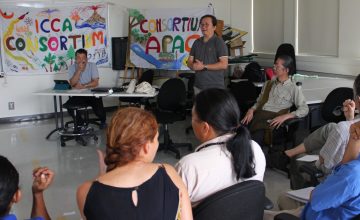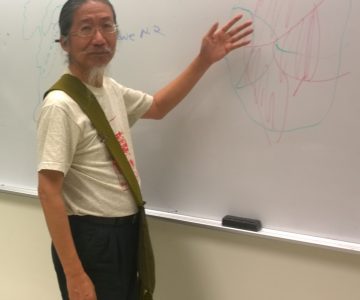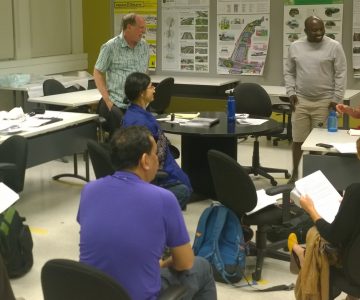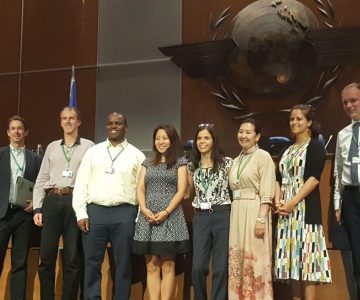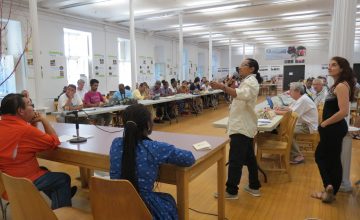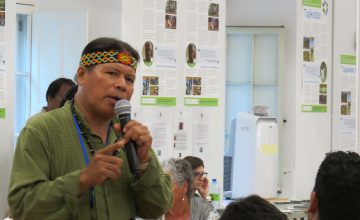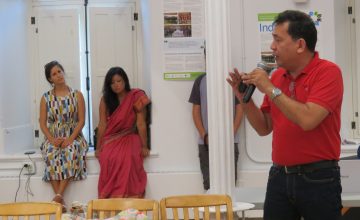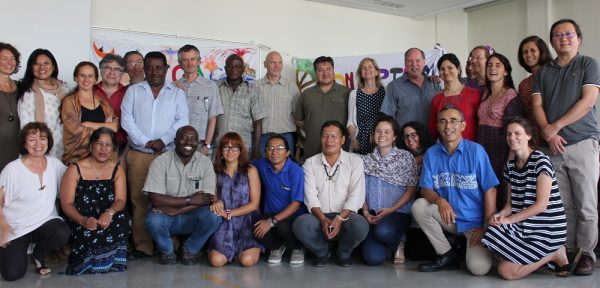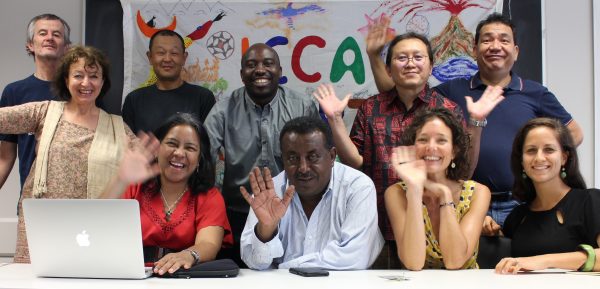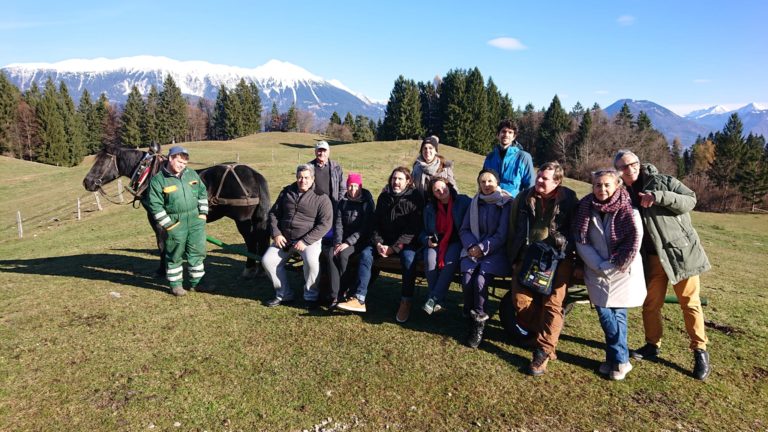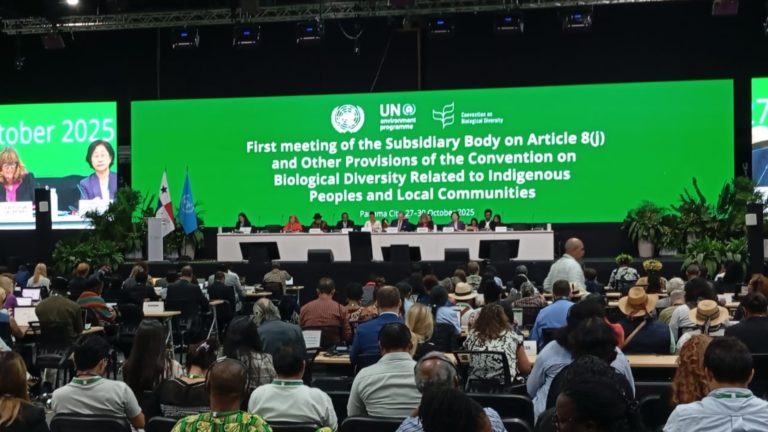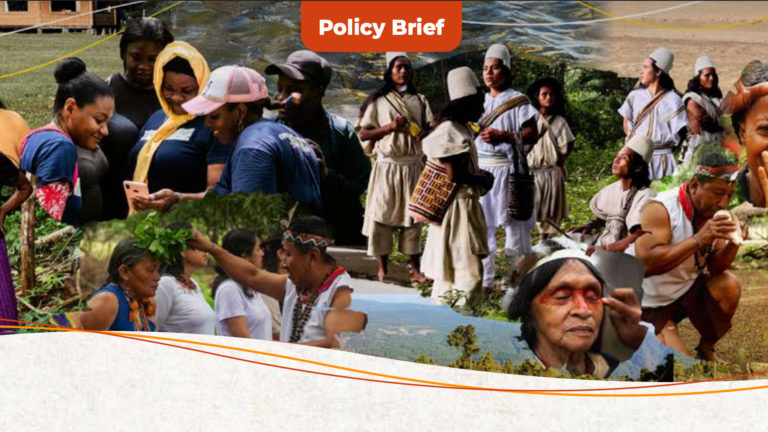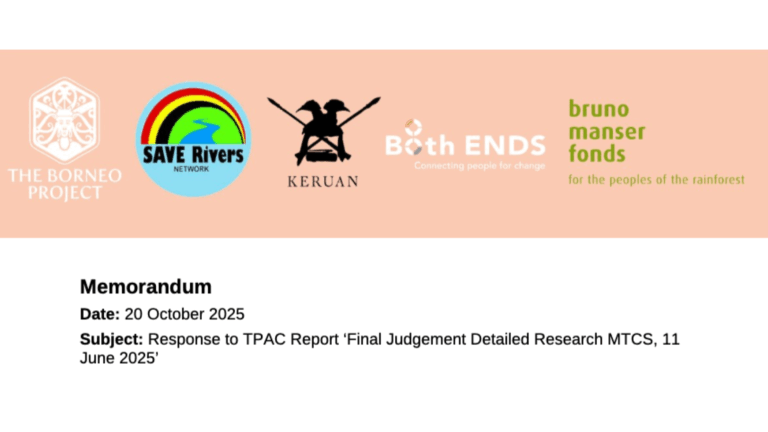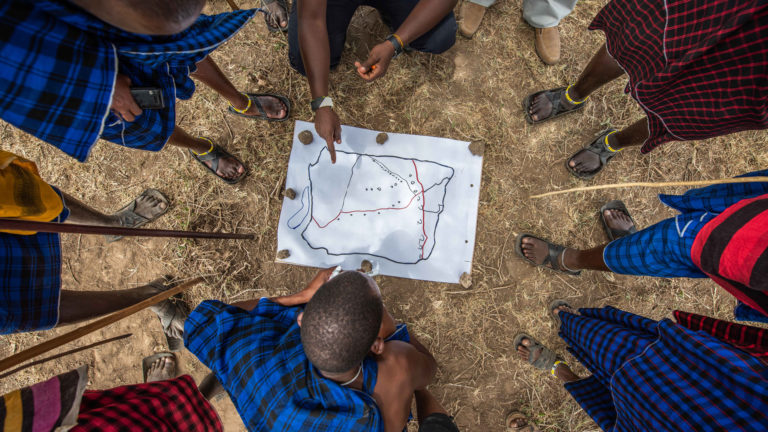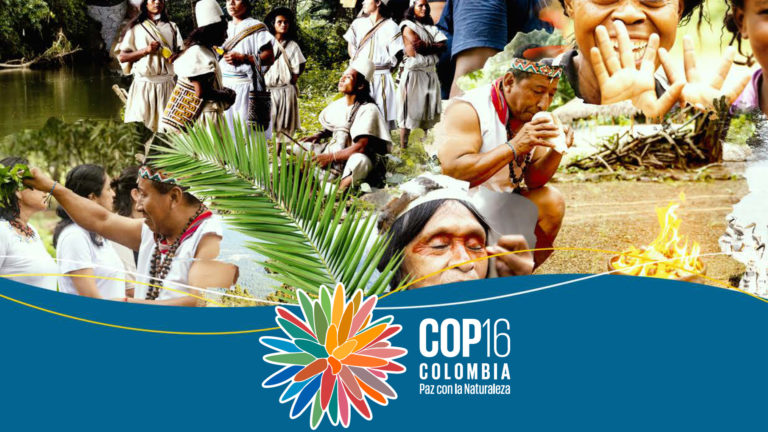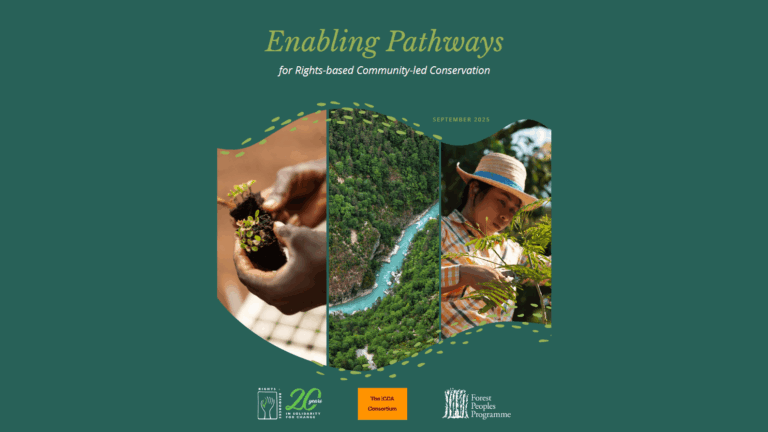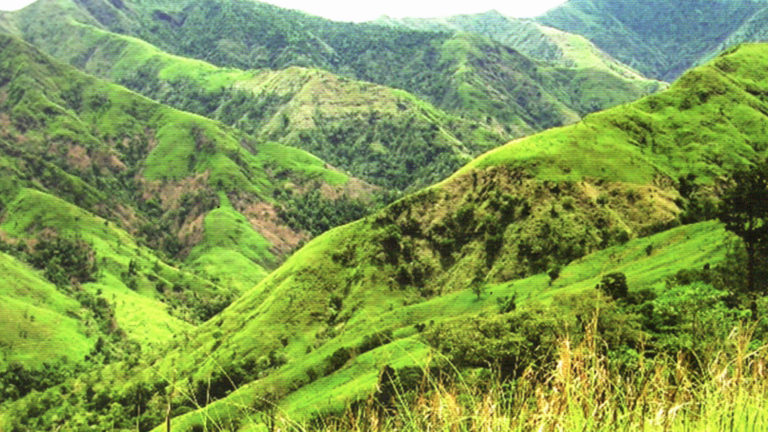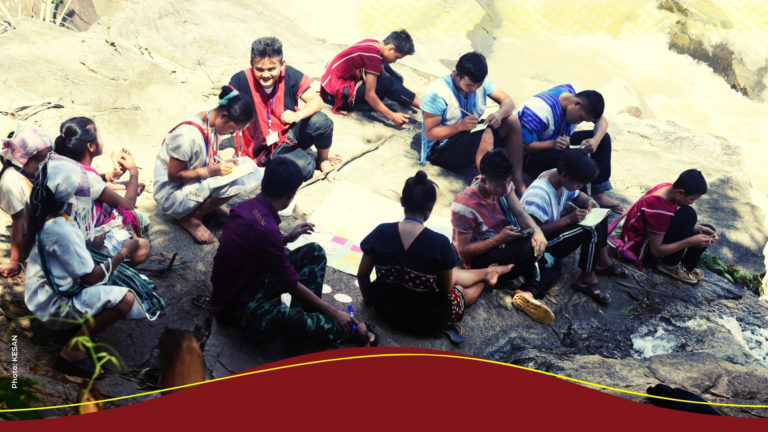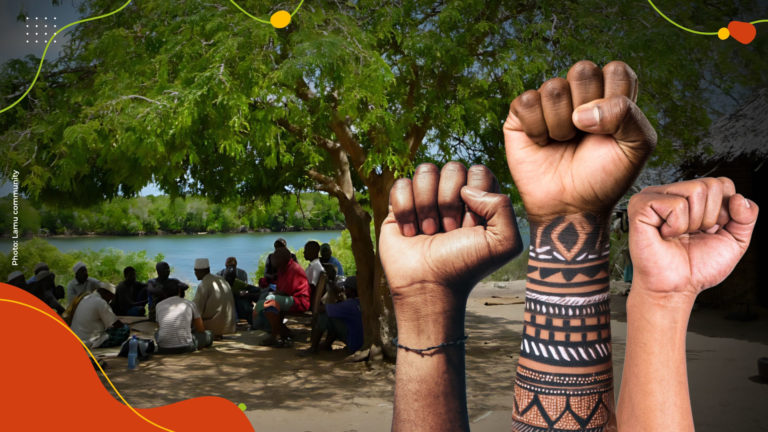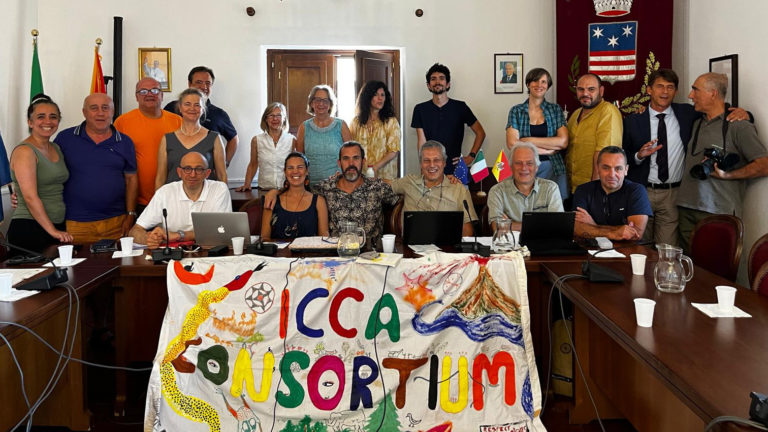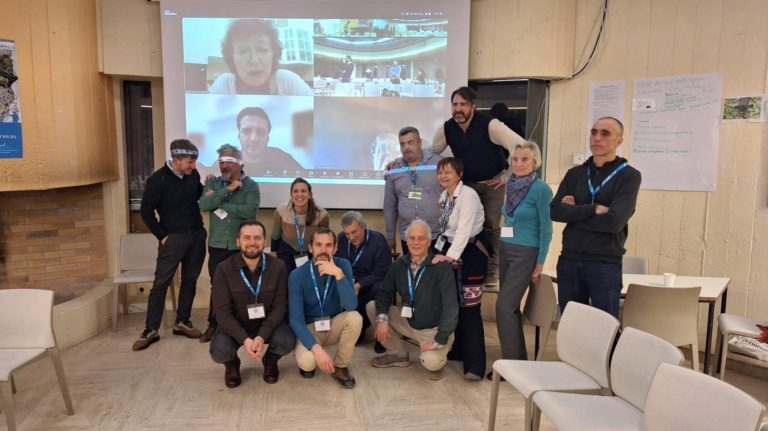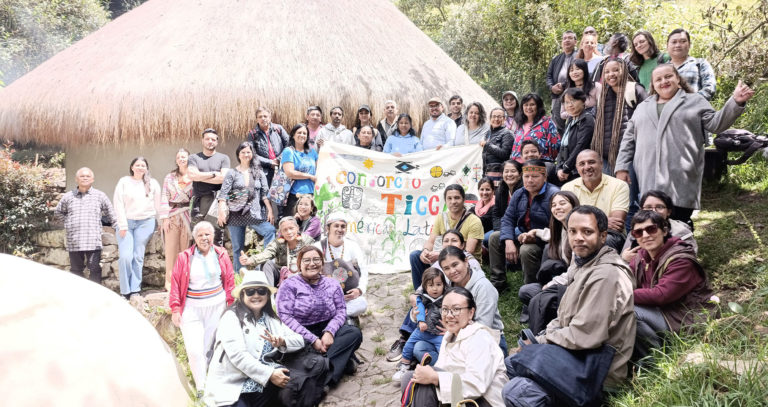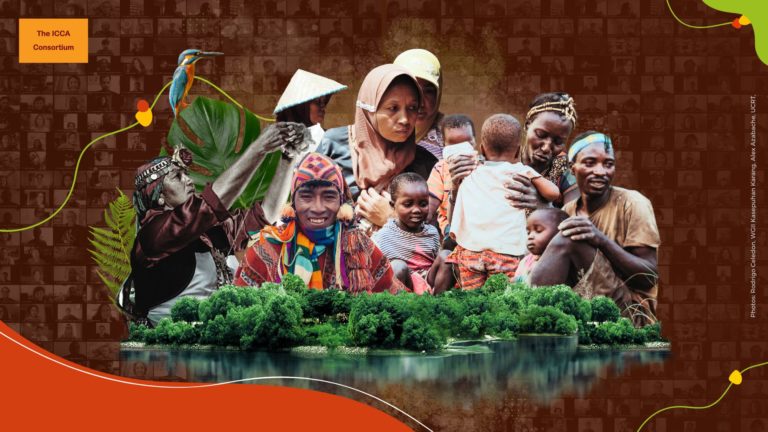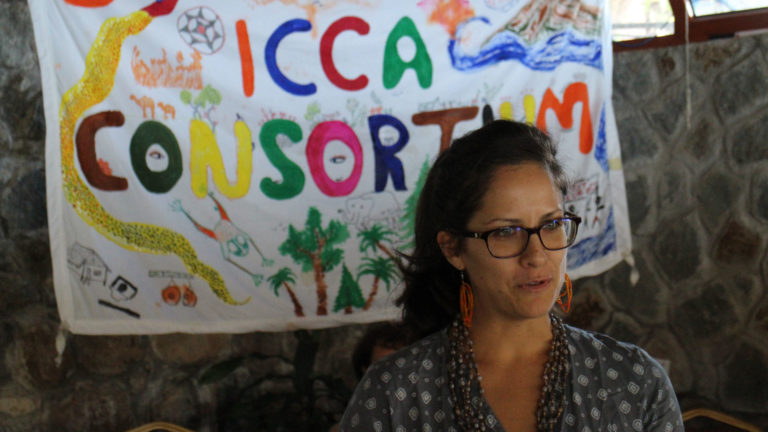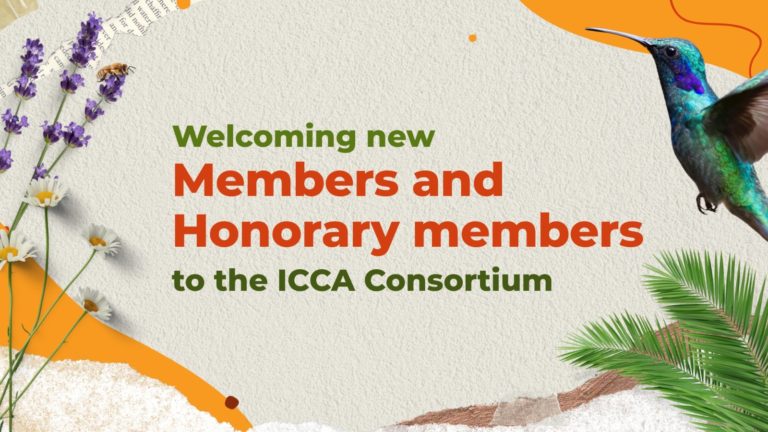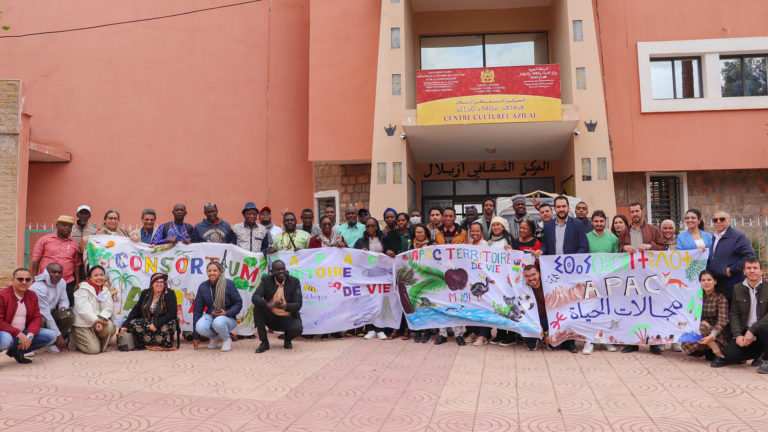 A large delegation of the ICCA Consortium was reunited in Montreal, Canada, from June 26th to July 13th for a series of diverse crucial events:
A large delegation of the ICCA Consortium was reunited in Montreal, Canada, from June 26th to July 13th for a series of diverse crucial events:
It started by several organisational meetings. If the Extraordinary general Assembly took place on the 30th of June, it was prepared and preceded by series of discussions on the ICCA Consortium Regionalisation process, on the Consortium policy “defending ICCAs and the ICCA defenders”, on the topic of “ICCAs and Sustainable Livelihoods”, on “ICCAs overlapping with Protected areas”, on the soon to be approved gender policy. Many concerns were raised and addressed. The Secretariat of the Consortium as well as its Council could also tackle more functioning fields such as Communication, membership, finance.
 The Extraordinary General Assembly was held on June 30th, more than 40 persons participated. The full minutes is available online. As usual it was also a great moment to receive updates on the work of each one of its participants and to deepen the discussions that were going on during the previous days. Among others, for the first time in the ICCA Consortium, a representative of the Sarayaku people of Ecuador, José Maria Gualinga presented their history, their struggle for the conservation of their territory and what they call the Kawsak Sacha, the “alive forest”. This was crowned by success, six years ago, in front of the inter-american court on Human Rights. They are now celebrating this historical success and releasing a declaration called “Kawsak Sacha – Selva Viviente”. José Maria Gualinga, asked for the support of this declaration which was given by the General Assembly by consensus. On this, we encourage you to read the perspective suggested by the Observatorio Ciudadano, ICCA Consortium Member from Chile (in Spanish).
The Extraordinary General Assembly was held on June 30th, more than 40 persons participated. The full minutes is available online. As usual it was also a great moment to receive updates on the work of each one of its participants and to deepen the discussions that were going on during the previous days. Among others, for the first time in the ICCA Consortium, a representative of the Sarayaku people of Ecuador, José Maria Gualinga presented their history, their struggle for the conservation of their territory and what they call the Kawsak Sacha, the “alive forest”. This was crowned by success, six years ago, in front of the inter-american court on Human Rights. They are now celebrating this historical success and releasing a declaration called “Kawsak Sacha – Selva Viviente”. José Maria Gualinga, asked for the support of this declaration which was given by the General Assembly by consensus. On this, we encourage you to read the perspective suggested by the Observatorio Ciudadano, ICCA Consortium Member from Chile (in Spanish).
 For the first time also, the history and struggle of the Inuit qaujaujimajatuqangit was shared during a General Assembly by Mike Ferguson, a long-standing Honorary member.
For the first time also, the history and struggle of the Inuit qaujaujimajatuqangit was shared during a General Assembly by Mike Ferguson, a long-standing Honorary member.
These internal events were directly followed by the CBD 22nd SBSTTA (Subsidiary body on Scientific, technical and Technological advice) and 2nd SBI (Subsidiary Body on Implementation), in which the ICCA Consortium took an active role. Now that we two years ahead the end of the Strategic plan for Biodiversity 2011-2020, the challenges were important.
All the statements, articles, side-events and photos are compiled in this dedicated page. One of the main outcome of this meeting is the adoption of an appropriate definition of the “other effective area-based conservation measures”. Regarding the SBSTTA item 2 on Protected Areas & OECMs, the ICCA Consortium have been notably active redacting an article in the ECO journal (see page 2: OECMs: a free lunch?)as well as making a statement. This led to the following text:
Adopts the following definition of “other effective area-based conservation measures”:
“Other effective area-based conservation measure” means “a geographically defined area other than a Protected Area, which is governed and managed in ways that achieve positive and sustained long-term outcomes for the in situ conservation of biodiversity, with associated ecosystem functions and services and where applicable, cultural, spiritual, socio–economic, and other locally relevant values”;
 The entire Annexes II and II are relevant in the item 2, and several references to equity, rights, rights-holders, tenure rights (incl. UNDRIP), FPIC, etc. can be found.
The entire Annexes II and II are relevant in the item 2, and several references to equity, rights, rights-holders, tenure rights (incl. UNDRIP), FPIC, etc. can be found.
The SBSTTA document on Item 7 on Biodiversity & Climate Change is also very positive as the paragraph 3 as it encourages :“the full and effective participation of indigenous peoples and local communities, including indigenous women and youth, appropriately recognizing and supporting the governance, management and conservation of indigenous peoples’ and local communities’ territories and areas, including consideration and integration of indigenous and traditional knowledge, practices and institutions, and encouraging activities at the local level led by indigenous peoples and local communities, subject to the free, prior and informed consent of indigenous peoples, as appropriate, and consistent with national policies, regulations and national circumstances”
Finally, in the item 8 “Marine and coastal biodiversity”, the section B of the Annex reads as follows:
“The transparency of the ecologically or biologically significant marine areas (EBSAs) process can be strengthened by making available… (b) information on free, prior and informed consent of IPLCs when [indigenous and local][traditional] knowledge was incorporated in the EBSA description”
To finish these intense weeks, the ICCA Consortium also participated in the Second Conference on Fostering Community Conservation, organised by the Global Forest Coalition, an ICCA Consortium member, to celebrate the closure of the Community conservation Resilience Initiative. The events comprising more than 100 participants promoted numerous, inspiring experiences and importantly rich and dense exchanges across continents.
